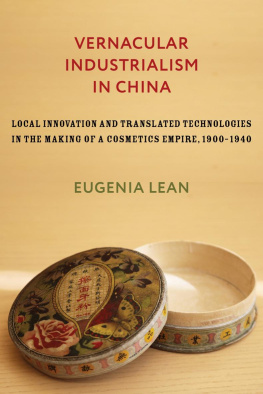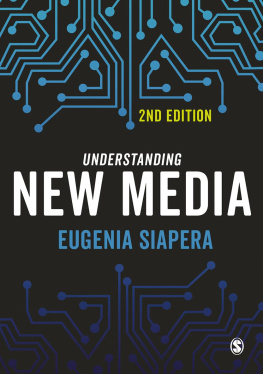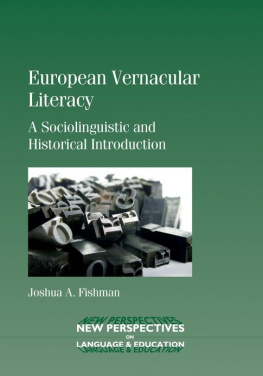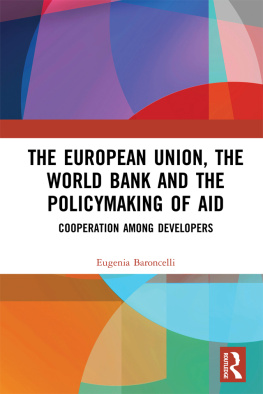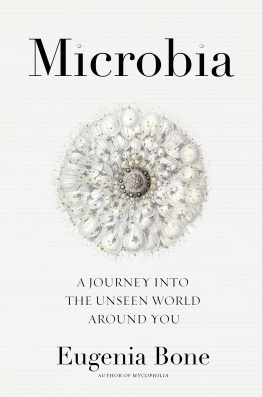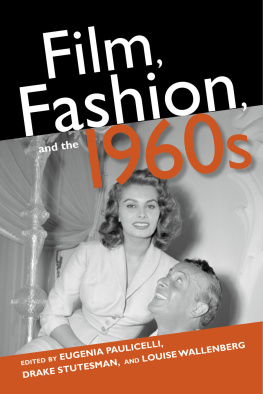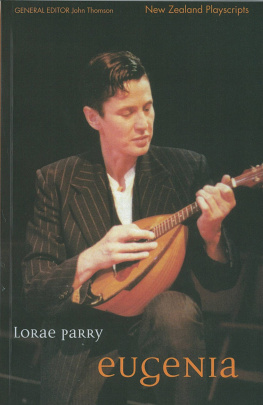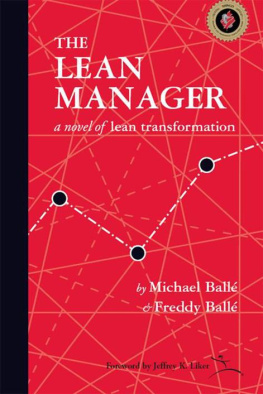Columbia University Press gratefully acknowledges the generous support for this book provided by a member of our Publishers Circle on behalf of Ms. Monica Shu-ping Chen Y in memory of the late Professor James Pusey.
Columbia University Press wishes to express its appreciation for assistance given by the Wm. Theodore de Bary Fund in the publication of this book
Columbia University Press wishes to express its appreciation for assistance given by the Chiang Ching-kuo Foundation for International Scholarly Exchange and the Council for Cultural Affairs in the publication of this series.
Columbia University Press
Publishers Since 1893
New YorkChichester, West Sussex
cup.columbia.edu
Copyright 2020 Columbia University Press
All rights reserved
E-ISBN 978-0-231-55033-8
Cataloging-in-Publication Data available from the Library of Congress.
ISBN 978-0-231-19348-1 (cloth)
LCCN 2019032862
A Columbia University Press E-book.
CUP would be pleased to hear about your reading experience with this e-book at .
Cover image: Courtesy of the author
Cover design: Chang Jae Lee
Appreciating Chen Diexian, a witty individual in all his complexity, has been a collaborative journey from the start. Over the years, friends, colleagues, students, and seminar audience members have helped shape this project. Some did so with an in-depth reading of a chapter (or, in some cases, chapters), a source, a probing question, or even an offhand remark that nonetheless profoundly informed my thinking. Others generously shared their work in progress or invited me to workshops where I could develop my project further. Yet others have brainstormed on the book title or debated key concepts. I thank Dan Asen, Weihong Bao, He Bian, Kim Brandt, Danni Cai, Mia Carter, Janet Chen, Chu Ping-yi, Debbie Coen, Rob Culp, Will Deringer, Alex Des Forges, Ben Elman, Marwa Elshakry, Jacob Eyferth, Fa-ti Fan, Li Feng, Karl Gerth, Peter Hamilton, Marta Hansen, Michael Hill, T. J. Hinrichs, Xiaoqian Ji, Joan Judge, Paize Keulemans, Dorothy Ko, Liza Lawrence, Hsiang-lin (Sean) Lei, Elaine Leong, Sylvia Lindtner, Weijing Lu, Miaw-fen L, Yue Meng, Projit Mukherji, Rebecca Nedostup, Ying Qian, Christopher Rea, Christopher Reed, Lukas Rieppel, Tristan Revells, Bruce Rusk, Ori Sela, Victor Seow, Kavita Sivaramakrishnan, Grace Shen, John Tresch, Jing Tsu, Joseph Ulichny, Sebastian Veg, Nicolai Volland, Richard von Glahn, I-Hsien Wu, Grant Wythoff, Matti Zelin, Ying Zhang, and Zhang Zhongming.
I no doubt should have included many others in this list, discussants and participants of workshops, conferences, and talks where I have presented portions of my project. In the United States, these conversations took place at Princeton University; Harvard University; Bowdoin College; University of Chicago; Massachusetts Institute of Technology; University of Pennsylvania; Bard College; New York University; Stanford University; Chemical Heritage Foundation; Yale University; Ohio State University; University of San Francisco; Cornell University; Institute for Advanced Studies; University of Texas, Austin; University of California, Los Angeles; and Columbia University, as well as abroad at the Institute for Modern History at the Academia Sinica, Fudan University, Freie University, National Taiwan University, Tel Aviv University, the Max Plank Institute, the National University of Singapore, and the University of Toronto. They have also occurred on panels at conferences held by the Association for Asian Studies, the Association for Asian Studies in Asia, the History of Science Society, the American Historical Association, and the International Society for the History of East Asian Science, Technology, and Medicine. Participants in these conversations have pushed me to refine the analysis and to think in bolder ways as well as to be ever more responsible in mobilizing my evidence and crafting my argument.
I also thank several cohorts of graduate students at Columbia who read and commented on drafts of the project in class. Their views and opinions, always given in polite and gentle terms, have influenced this product in more ways than they can probably imagine. I have been lucky to have hardworking and talented research assistants as well. Gaoziyan Cui, Yingtian He, and Yize Hu deserve special thanks on this front. Yanjie Huang recently stepped in to wrap up some loose ends, for which I am grateful.
I have benefited from multiple sources of support. I was able to conduct research with an American Council of Learned Societies/Charles A. Ryskamp Research Fellowship, two Taiwan Fellowships of the Ministry of Foreign Affairs, and internal Columbia University research funding and sabbatical support. A Chiang Ching-kuo Research Fellowship, a National Endowment for the Humanities Fellowship, and a fellowship from the Institute for Advanced Studies, School of Historical Studies Membership (funded by the Starr Foundation East Asian Studies Endowment Fund) provided me with the precious gift of time. With that generous support, I was able to take leave from my teaching and administrative responsibilities to complete the writing of the book.
Christine Dunbar, Christian Winting, and the rest of the team at Columbia University Press were more than patient with me as they expertly shepherded the book through publication. Fa-ti Fan, Sigrid Schmalzer, and one other reviewer for the press provided trenchant criticism where needed and raised excellent suggestions about how to tighten the manuscript, add comparisons, and push on the conceptual front. As always, all mistakes and deficiencies remain mine alone.
Material in appeared in Proofreading Science: Editing and Experimentation in Manuals by a 1930s Industrialist in Science and Technology in Republican China, edited by Benjamin Elman and Jing Tsu (Leiden: Brill 2014).
My daughter, Inez, has enriched my and my husbands lives in immeasurable ways. Her birth in 2007 coincided with the publication of my first book. Her arrival completed our family and brought joy and fulfillment in ways that cannot be described. Although it has not been easy balancing the needs of work and family, I would not have it any other way and am that much richer because I have done so with my familys support and inspiration. It is to Inez, my beautiful daughter, and Paize, my partner in life, that I dedicate this book.



